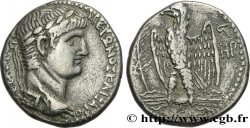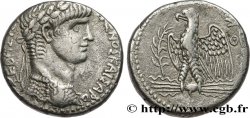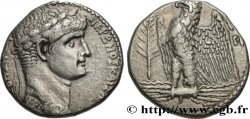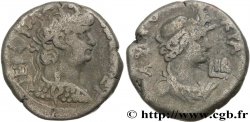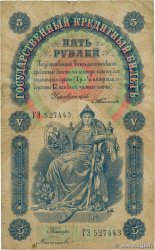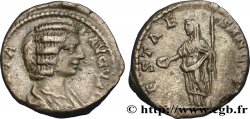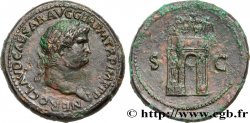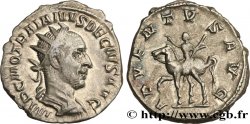brm_529912 - NERO Sesterce
Not available.
Item sold on our e-shop (2021)
Price : 3 000.00 €
Item sold on our e-shop (2021)
Price : 3 000.00 €
Type : Sesterce
Date: 64
Mint name / Town : Roma
Metal : copper
Diameter : 37 mm
Orientation dies : 7 h.
Weight : 28,86 g.
Rarity : R2
Coments on the condition:
Exemplaire dans un état de conservation exceptionnel pour le type. Joli buste de haut relief et revers de style fin. Flan excessivement large et parfaitement centré. Patine de collection ancienne
Obverse
Obverse legend : NERO CLAVD CAESAR AVG GERM P M TR P IMP P P.
Obverse description : Buste lauré à droite avec l'égide (O*4).
Obverse translation : “Nero Claudius Cæsar Augustus Germanicus Pontifex Maximus Tribunicia Potestas Pater Patriæ”, (Néron Claude césar auguste germanique grand pontife revêtu de la puissance tribunitienne père de la patrie).
Reverse
Reverse legend : S|C.
Reverse description : Arc de triomphe, surmonté par un quadrige vu de face conduit par Néron entre les statues de la Victoire (Victoria) et de la Paix (Pax).
Reverse translation : “Senatus Consulto”, (Avec l’accord du Sénat).








 Report a mistake
Report a mistake Print the page
Print the page Share my selection
Share my selection Ask a question
Ask a question Consign / sell
Consign / sell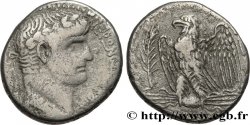
 Full data
Full data